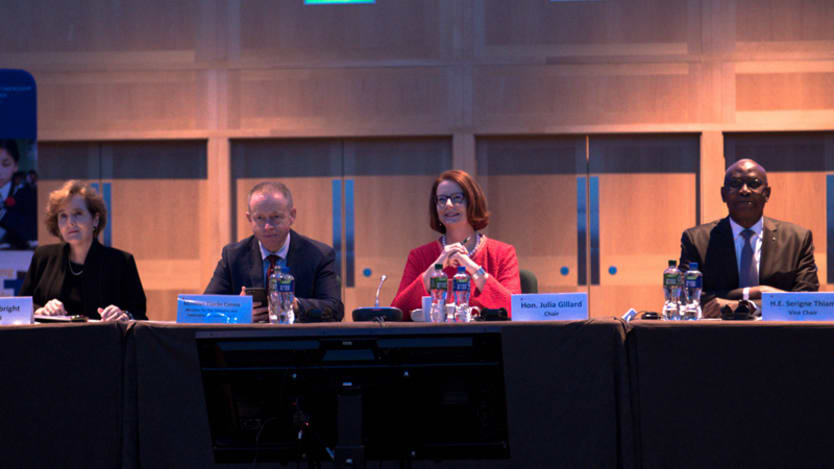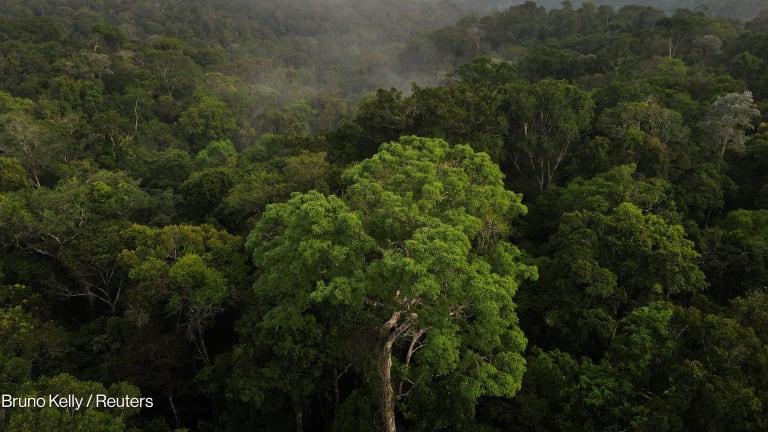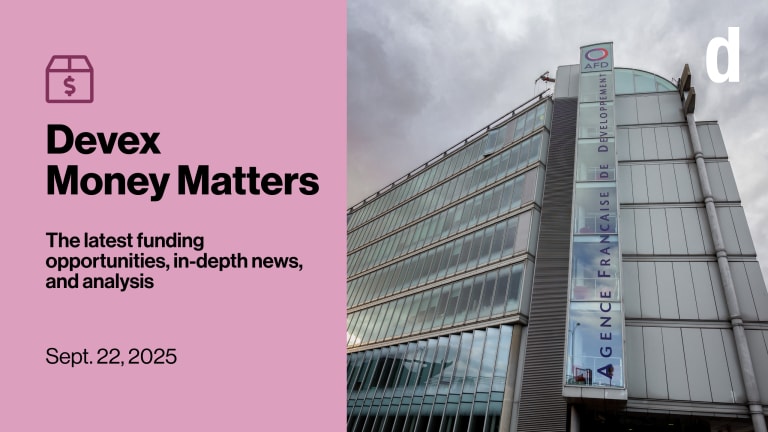
LONDON — The board of the Global Partnership for Education has decided to remain a World Bank trust fund until at least 2021, despite offers from France and Switzerland to host the organization.
“The board decided that GPE’s ambition was best supported by being able to draw on the services and support of the World Bank.”
— Julia Gillard, board chair, Global Partnership for EducationThe announcement, which came Friday at the end of a two-day board meeting in Dublin, Ireland, follows months of speculation about whether GPE should continue to be administered as a trust fund within the World Bank or set up independently. The decision is set to be reviewed in 2021.
According to Board Chair Julia Gillard, the decision marks the “opening of a new era” for GPE, which is the only multilateral funding platform dedicated to education, by offering it “new levels of operational independence” and also “new capabilities,” she said in a statement.
“Having considered the alternative option of ‘de-hosting’ and establishing a separate legal entity for GPE, the board decided that GPE’s ambition was best supported by being able to draw on the services and support of the World Bank,” Gillard said.
The decision marks the end of a busy year for GPE, which in February received its most lucrative replenishment to date after donors pledged $2.3 billion to fund its operations from 2018-2020. The fund was set up in 2002 and works with governments in low-income countries to develop and support credible education reform plans.
GPE had been exploring a potential divorce from the World Bank for a number of years, sparked by concerns about high fees charged by the bank and also “perceived conflicts of interest” between the two organizations. There were also concerns GPE funding had displaced bank education support in some cases, according to notes from the recent board meeting.
Being housed within the bank also poses currency risks since it deals in dollars, while GPE receives most of its funding in European currencies. In the past, GPE has lost money due to currency fluctuations.
Despite these concerns, and despite offers to host GPE’s secretariat by the governments of France and Switzerland, the Board opted to stay put after the bank proposed better hosting terms. However, some civil society groups would have liked to have seen the fund go it alone.
“The World Bank was forced to make many significant concessions in order to retain its role as GPE host. Let us see if everything that has been promised will be delivered in practice,” David Archer, head of participation and public services at ActionAid, and a former GPE board member, told Devex.
“I expect the review planned for 2021 will lead to a renewed push for GPE’s independence,” he added.
Archer also called on the bank to “improve the alignment of its own education programming with GPE,” and said such a move should lead to an increase in bank lending for public education in low-income countries.
The board meeting also saw new funding announcements from Denmark and Germany.








